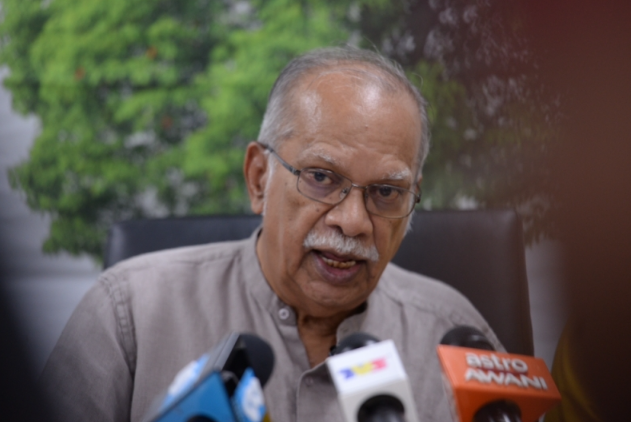Challenges and Considerations in Reforming Malaysia's Civil Service
12 Feb 2024
Kamran
A freelance content creator

Image Credit - Malay Mail
In a thought-provoking Facebook post, former Penang deputy chief minister II Dr. P. Ramasamy addressed the formidable challenge of reforming Malaysia's civil service. He emphasized the intricate nature of this task, attributing its complexity to the civil service's role as an instrument of the political elite. Despite the discourse surrounding reforms, Ramasamy highlighted the historical inertia and the potential backlash fueled by concerns over safeguarding Malay interests.
Ramasamy drew attention to the urgency conveyed by Prime Minister Datuk Seri Anwar Ibrahim regarding the need to address the civil service's inefficiencies, financial burdens, and employment dynamics. Acknowledging the multifaceted issues at play, he questioned where the reform process should commence.
One noteworthy proposal on the reform agenda is the shift away from the pension scheme for new civil service recruits. Ramasamy explained that this change would likely involve contributions to the Employees Provident Fund, aligning more closely with the private sector. The government's cost-cutting strategy also includes eliminating multiple pensions, which some retired civil servants and politicians currently receive, a move intended to streamline the system.
Despite the Prime Minister's moral appeal for reform, Ramasamy underscored the necessity of legal and constitutional amendments to effect lasting change in the pension system. However, he observed that the government seemed to be targeting "low-hanging fruits" by focusing on the pension system and non-pensionable recruitments instead of directly addressing the sheer size of the civil service.
Approximately 900,000 retirees are part of the pension system, imposing a substantial financial burden on the government. Ramasamy delved into the civil service's critical role as the administrative arm of the political elite, emphasizing its indispensability in implementing government policies. Unlike other countries where the civil service is considered a neutral entity, Ramasamy pointed out that in Malaysia, it functions explicitly in alignment with the Malay ethnic agenda.
The overwhelmingly Malay composition of the civil service, with over 90% Malay employment, cements its status as a tool for the Malay political elite. Ramasamy argued that the civil service, consciously or unconsciously, serves to advance the socio-economic interests of the Malay society it predominantly represents. This alignment with the Malay ruling elite, according to Ramasamy, makes reforming the civil service a challenging endeavor, given its deeply ingrained role.
Despite concerns and allegations that abolishing the pension scheme might disproportionately affect Malays, Anwar dismissed such notions. He emphasized that the proposal had undergone extensive study, driven by the imperative to avoid financial crises and ensure the well-being of future generations.
No comments:
Post a Comment